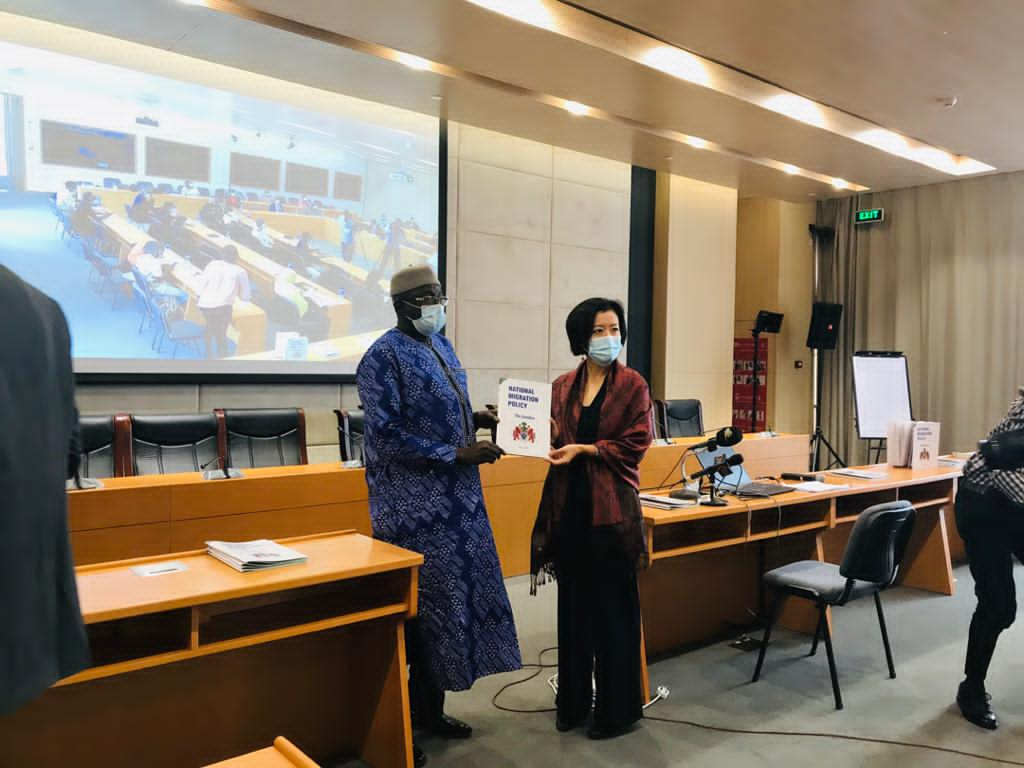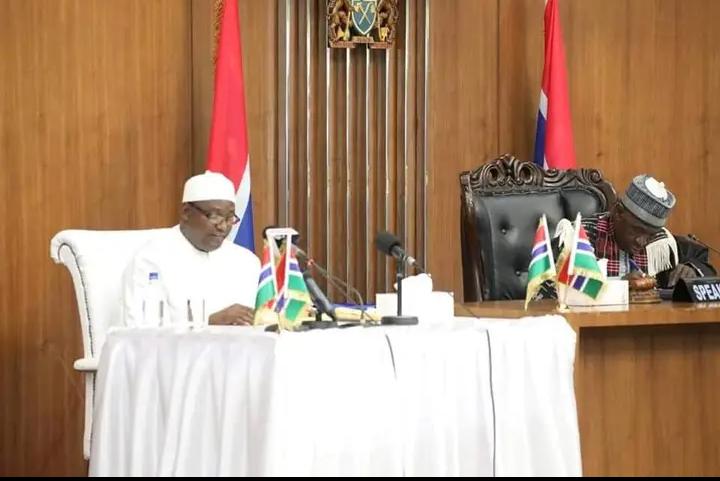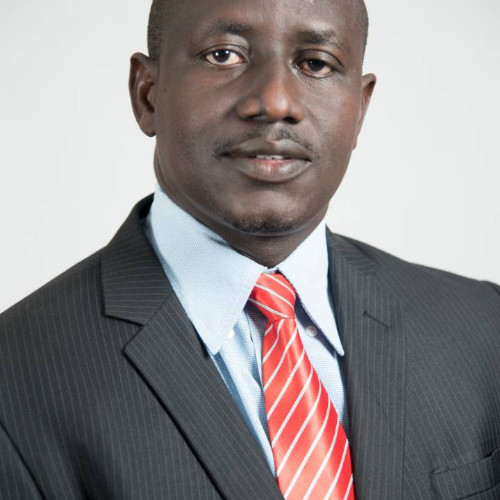The International Organization for Migration in collaboration with the Ministry of Interior, on Wednesday launched the national migration policy at the Sir Dawda Kairaba Jawara conference centre in Bijilo.
The policy aimed at promoting orderly and safe migration of Gambian citizens through the provision of accurate information regarding opportunities abroad and sensitization about the dangers of irregular migration, as well as control migration in a way that will contribute to national development.
This will include the promotion of Diaspora engagement, the reduction of “brain drain”, and its potential negative impacts to reduce irregular migration through border management as well as the promotion of alternatives to irregular migration, by increasing opportunities for youth through national employment among other initiatives, officials said.
Isatou Fofana, a third student at the University of the Gambia school of development studies, the initiation of such policy will be of great impact as it will create more awareness on the issue of irregular migration and its consequences and either ways providing an alternative means for safe migration.
Fumiko Nagano, IOM chief of mission to The Gambia, said if migration was properly managed, it will contribute positively to the socio-economic development of countries and communities in all stages of the migration cycle.
She explained that Migration is a reality as old as human civilisation. “This has informed IOM’s support to its member states and migrants to ensure migration takes place in a humane, dignified and regular manner.”
The launch of the national migration policy comes against recent major developments in migration governance, both in the African continent and global level.
“IOM strongly believes that the GCM presents an opportunity to improve the governance of international migration and to address the benefits and challenges associated with today’s migration, it can help to draw out the benefits of migration and to mitigate the risks…,” she added.
Interior minister, Yankuba Sonko, said most migrants are of Gambian origins and that the country continues to experience outcomes of migration incidents: “This experience primarily refers to the irregular migration of our youth through the back way that has led many young people to difficult and often life-threatening encounters of right abuse, exploitation, and even of life loss”
He further asserted that migration is also linked to environment and climate change, the effect of which he said, continues to be of major concern for Gambians and the Gambia. Sonko said that government includes migration in its current National Development Plan (NDP) 2018-2021, which has succeeded the programme for Accelerated Growth and Employment. The NDP recognises the challenges of migration within and outside the Gambia and focuses on its benefits for national development, he explained.
By: Awa Macalo






Leave A Comment